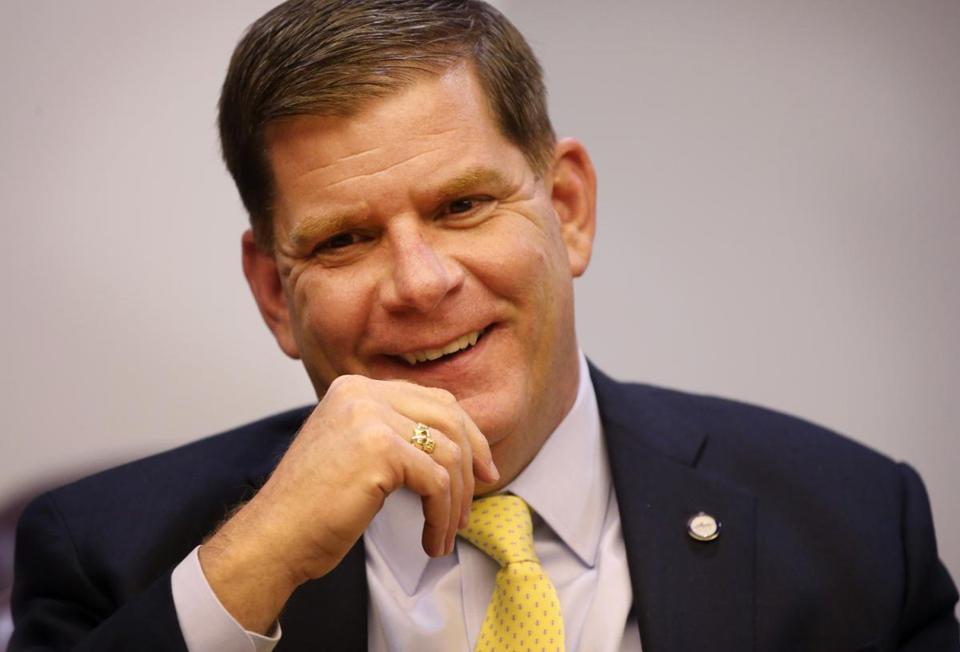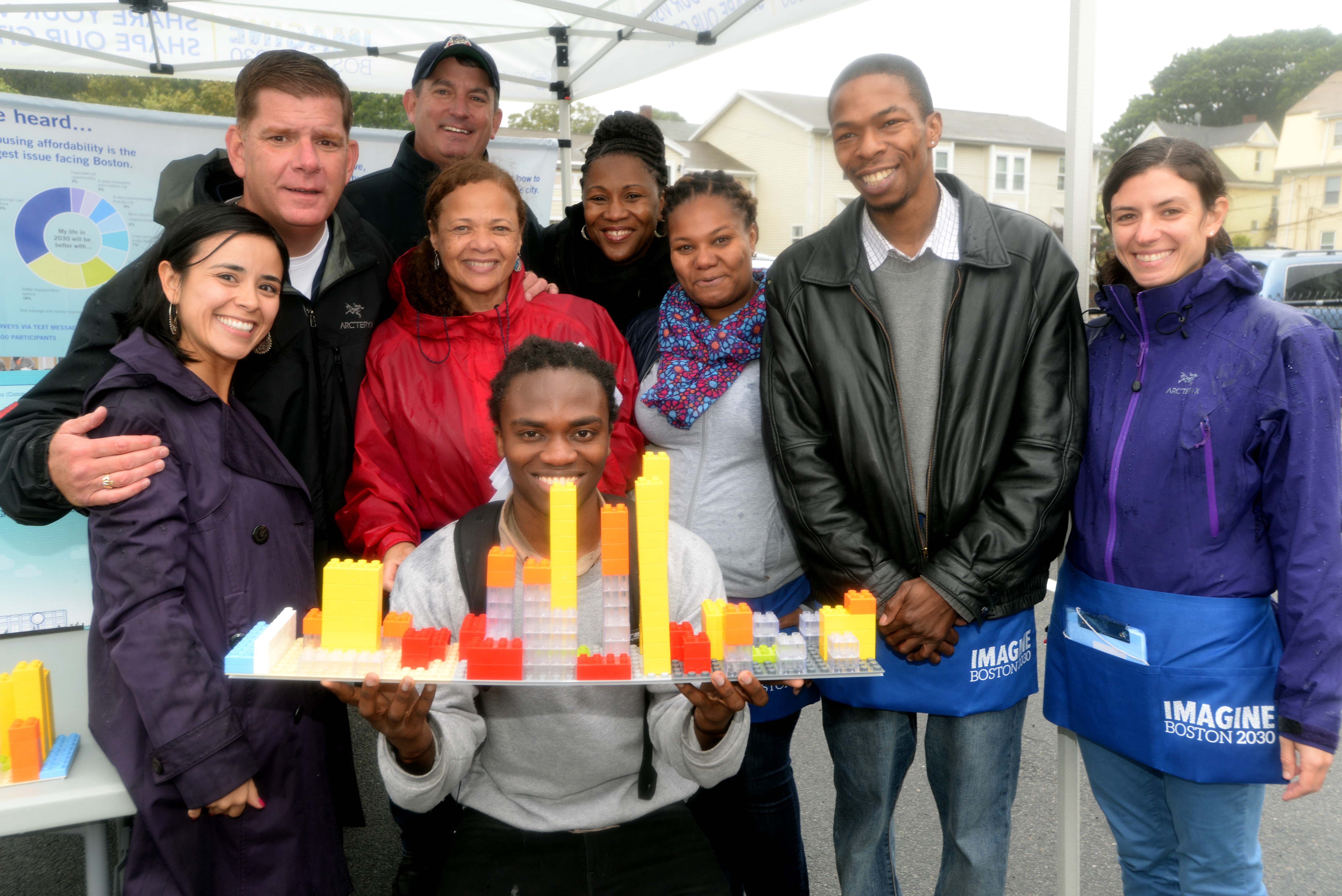Boston Mayor Uses Books to Bolster Community Planning

In August, Boston's Mayor Martin J. Walsh released a suggested reading list to encourage Bostonians to engage with the citywide planning process entitled Imagine Boston 2030. The plan covers everything from equitable growth and affordable housing to climate change resilience.
Though the plan is comprehensive, the mayor and his staff want to hear how citizens envision the future of the city unfolding over the next 15 years. Imagine Boston 2030 is the first citywide plan in half a century, so planners slated two years' worth of community conversation starting in the fall of 2015 and leading up to its launch in the spring of 2017.
"The more people engage, the more solutions we'll have," explains Natalia Urtubey, director of engagement for Imagine Boston 2030.

Boston Mayor Martin J. Walsh. Photo courtesy City of Boston.
Boston's Urbanism Explored Through Diverse Reading List
The reading list, in partnership with the Boston Public Library, which was formed by consulting local librarians, professors, and civic leaders, is intended to help citizens engage with the dialogue surrounding urbanism in their city.
The list is wide-ranging and inclusive, featuring classics like The Death and Life of Great American Cities by Jane Jacobs (which waxes poetic about Boston's North End neighborhood) and groundbreaking new titles like Evicted by Matthew Desmond.
There is a separate list for youth ages 3 and up, ranging from picture books like Make Way for Ducklings by Robert McCloskey to young adult dystopian novels like The City of Ember by Jeanne DuPrau.
Imagine Boston also opened the reading list up to public suggestions. After more than 300 people voted, titles like Invisible Cities by Italo Calvino and The Last Hurrah by Edwin O'Conner were added to the list.
"Right now, I'm reading Common Ground by J. Anthony Lukas," Urtubey said. "Especially working in city hall, I feel like I'm getting a special insight into Boston's history!"
Over the next few months, Imagine Boston 2030 will be posting book reviews written by local community leaders on its blog. Bookworm Bostonians can further engage with the dialogue online with social media using the hashtags #ImagineBoston and #IB2030bookworm, as well as interacting with the accounts @ImagineBos and @BPLBoston.
Beyond books, Imagine Boston 2030 launched civic engagement with its Fall Engagement team. The team has sent a call to action asking community organizations throughout Boston to invite representatives to attend their events and conduct an activity with their groups. Events have ranged from small neighborhood association meetings to large festivals all around the city.

Lego activity with the Imagine Boston 2030 Fall Engagement team. Photo courtesy City of Boston.
Lego Game Visualizes Urban Planning Challenges
The Fall Engagement team also designed a Lego activity used to demonstrate the challenges faced by planners. Since housing and housing affordability are residents' main concerns, the game uses a longboard of Lego base divided into three areas: neighborhoods, high rises, and neighborhood edges. Players are tasked with placing the 53,000 Lego units (modeled after the amount of housing the mayor aims to add by 2030) across the sections while following local density codes. They are also given blank Legos to add the neighborhood amenities they want — anything from amusement parks to parking lots — and are challenged to put in provisions designed to mitigate the impacts of climate change.
"We engage with as many residents as possible by offering lots of options for engagement," said Urtubey. By turning the citywide plan into the people's plan, communities can hold the public leaders accountable no matter what 2030 holds.
Top image: Reading list display at the Boston Public Library Copley Library branch. Photo courtesy City of Boston.


